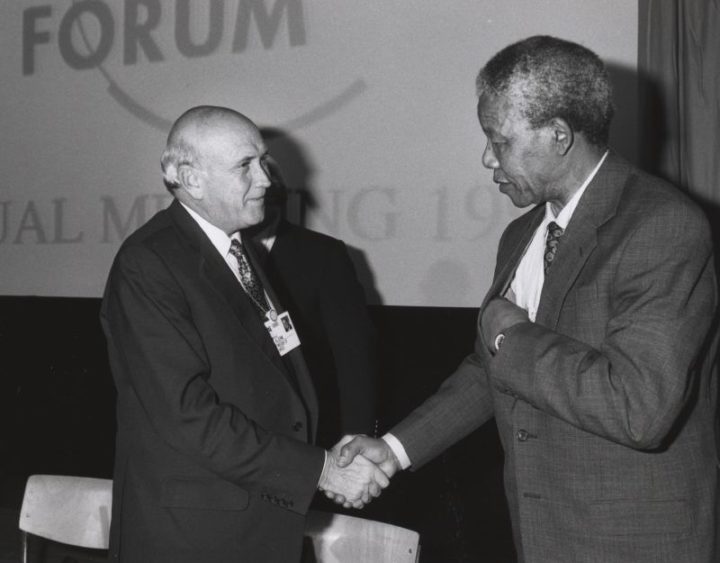Winning feels good — so good in fact that it can be easy in the moment to forget how bad losing feels.
Losing is especially painful after a conflict in which one is fully committed, when one’s skin is definitively “in the game.” Stretching the metaphor, to lose is, in a sense, to lose one’s skin, one’s most immediate and intimate protection against the world. Losing reveals our vulnerability and can leave us feeling humiliated and embarrassed.
The principle of non-embarrassment — never invoke any mechanism that would compromise the dignity of the other, and never put up with a compromise to your own — is a core value in principled nonviolence and relates directly to the fragile state of the loser just described.
Principled nonviolence calls on us to respect the dignity of all human beings, even those with whom we most profoundly disagree. It is this respect for the dignity of all and the steadfast commitment never to compromise that dignity that requires a reorientation of the traditional notion of struggle/fight/conflict.
Principled nonviolence rejects the idea of the zero-sum game. Practitioners of principled nonviolence do not aim to “win” per se, rather they endeavor to find truth, which is not the property of only one party in a dispute. This is because conflict, as Professor Michael Nagler explains, need not be construed as a power struggle. It can instead become a conversation, a joint attempt, however fraught, to come closer to truth. And truth, like love and peace, is essentially abundant; everyone can, should, and in fact, does already share in it.
Adhering to the principle of non-embarrassment is not only good insofar as it allows ostensible opponents to gain a broader perspective (hopefully allowing them to understand better and move closer together), but it is also effective. An opponent who is made to feel embarrassed is often confused and distracted, certainly not in a position to listen, nor even to articulate his/her own position clearly. Alternatively, a conversation partner might help us to find increased clarity and greater understanding — and more, can free us from destructive power struggles intent on establishing winners and losers. When we can disagree and argue with respect, we are recognizing each other’s dignity and in this, we are in a position to create new spaces for compromise and growth.










